There are a lot of words used to describe music in our schools. Frequently in media we hear music, band, orchestra and choir paired with the term “extracurricular.” Here in MUSD, we are proud music is a vital part of our district curriculum and that every child in MUSD will be part of music class during his or her time in our schools.
While music programs certainly offer extracurricular components such as before- and after-school ensembles, optional or audition-only after-school activities, or optional trips and honor ensembles, music is at its core a curricular subject of study.
We are working hard at MUSD to build a vibrant and exciting music education program for the children in our community. We have a wonderful staff of highly qualified and motivated music educators in our schools and all of our music classes are designed to align with the Arizona State Standards for music.
Currently, all students in kindergarten through fifth grade participate in general music class weekly. When students reach the sixth grade at both of our middle schools, they can begin participation in our band program or learn a string instrument.
Once students reach high school, they have the opportunity to continue participation in our award-winning marching band, concert band and orchestra programs. Students who did not participate in band or orchestra in middle school can choose to study choir or guitar.
Middle school and high school classes are a full-fledged part of the school day, meeting on the same schedule as the students’ other classes.
Often, you will hear about the successes of our high school music programs in certain events, which leads many to conclude we are more like an athletic program than an academic class. These events go far beyond rating performance and are embedded in the classroom curriculum.
The Arizona Band and Orchestra Association (ABODA) and the Arizona Music Educators Association (AMEA) state in their position statements that these events are curricular and are intended to complement the music classroom. At all of these events, we are given recorded feedback on our performances from expert music educators. In the classroom, students listen to this feedback and are asked to reflect on their performance both orally and in writing. Students also actively engage in developing strategies to improve their performance and musical understanding.
Through these activities we are able to promote self-reflection, critical thinking and we even cross curricular lines in developing writing and verbal communication skills. In addition at some events, students have the opportunity to participate in clinics with noted professionals, further adding to the educational experience. This past year, several of our secondary instrumental ensemble classes participated in our new Maricopa Music Festival designed to showcase this process to the community. We plan to do this again next year and we will again invite the community to come and see the amazing learning experiences offered to our students as part of these events.
Finally, our concerts, offered at least twice a year, form a culminating experience for our students and performance in the concert as well as reflection on the concert are part of each student’s semester final at the high school.
Nationwide and in Arizona, music is firmly established as an academic subject.
National standards for music and other arts disciplines were signed into law by President Bill Clinton as part of the Goals 2000: Educate America Act. This act established nine standards that have since become the foundation for state and district standards for music instruction.
The Arizona Department of Education has approved standards for the instruction of music based on those national standards. These standards can be viewed on the Arizona Department of Education website: www.azed.gov. In addition, the landmark No Child Left Behind law, while not mandating testing for the arts, identifies music and art as “core” subjects.
There is ample evidence students who participate in music do better in school.


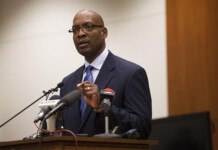
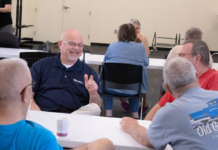

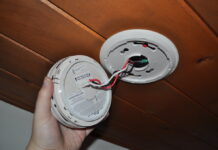
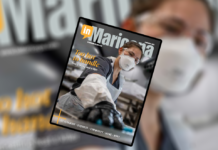
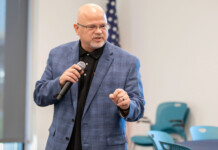







![Shred-A-Thon to take place tomorrow An image of shredded paper. [Pixabay]](https://www.inmaricopa.com/wp-content/uploads/2024/03/shredded-paper-168650_1280-100x70.jpg)
